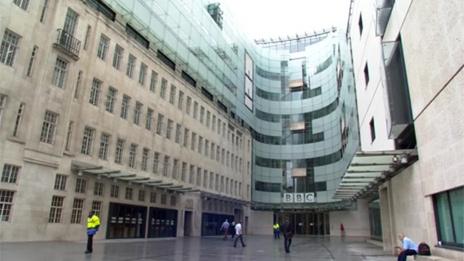BBC reveals £5m spent on Savile inquiries
- Published
- comments
Lord Hall: BBC report is 'grim reading' in places
The BBC has spent around £5m on three inquiries set up in the wake of the Jimmy Savile scandal.
The corporation's annual report revealed the Pollard Review, external, which looked into Newsnight's dropped investigation into Savile, cost £2.8m.
BBC Trust chairman Chris Patten said the organisation was determined to learn lessons from the past year.
Director general Tony Hall admitted the BBC was not the "steward of public money" it should have been.
Lord Hall, who started in the job four months ago, said further steps were needed to ensure the BBC was better run and more efficient.
The breakdown of the costs of the Pollard Review showed that the £2.1m (excluding tax) costs included £893,500 to lawyers Reed Smith and £492,436 for the BBC's "external legal support".
In addition, witnesses' legal costs totalled £391,120. This included £101,000 to cover the "legal and related costs" of Helen Boaden, who was moved from her position as head of news after she was criticised in the report.
Former director general Mark Thompson, who left the BBC last year, received £86,000 in legal costs.
The Pollard Review was set up by the BBC to decide if there were management failings over Newsnight's axed Savile investigation in 2011.
The report, headed by former head of Sky News Nick Pollard and published in December 2012, concluded the decision to shelve the investigation was "seriously flawed" but "done in good faith".
The report dismissed claims the programme was dropped to protect tribute shows to Savile and found no evidence of a cover-up, but was highly critical of BBC bosses in describing "chaos and confusion" and "leadership in short supply".
Further reviews
Aside from the Pollard Review, the Respect at Work Review by Dinah Rose QC was published in May; and Dame Janet Smith's review into the culture and practices of the BBC during the Savile years will come out later this year. This includes a detailed investigation by Dame Linda Dobbs DBE into the conduct of Stuart Hall at the BBC.
The cost of all three inquiries up to 31 March 2013 was £5.3m (including tax and VAT) which will rise when final costs are announced.
According to the annual report, public trust in the BBC, which was hit by the Jimmy Savile scandal and the Newsnight crises, had now almost recovered to previous levels.

It said the BBC continued to reach 96% of the population every week - with audiences consuming an average 19 hours of content weekly.
In the 2012/2013 financial year, the BBC delivered £580m "efficiency savings" in the final year of a five-year programme. With a £2bn of cumulative savings delivered in this period, the BBC exceeded the 3% year-on-year efficiency savings target set by the Trust.
The report also highlighted the success of the BBC's Olympic coverage. The 2,500 hours of television coverage reached 90% of the population - the highest audience for any event since measurements began.
"This has truly been a year like no other, with some incredible highs and some desperate lows," said Lord Patten. "In both, there are lessons we must learn."
He welcomed Lord Hall's plans to reform the BBC's "management culture" - one of the actions required by the BBC Trust following the Pollard Review.
The report also highlighted the BBC's failed £100m Digital Media Initiative - which was halted last autumn having never become fully operational.
Lord Hall said: "From redundancy payments to the failed DMI project, the BBC has not always been the steward of public money it should have been.
"This is changing and we now need to take further steps to ensure the BBC is better run and more efficient".
At a press conference at New Broadcasting House in central London on Tuesday, Lord Hall said: "I hope that by this time next year I'm standing before staff and licence fee payers with a simpler organisation where the responsibilities are much clearer."
Lord Patten, whose term at the Trust ends in 2015, told journalists he did not intend to seek a second term, adding: "If anybody were to decide that a few more weeks or months would be helpful, then I'd have to consider that".
- Published16 July 2013
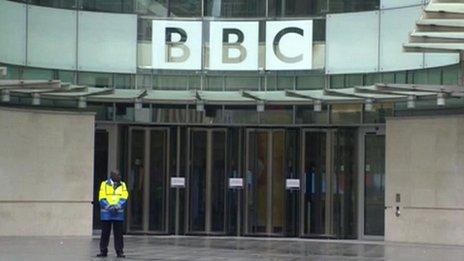
- Published16 July 2013
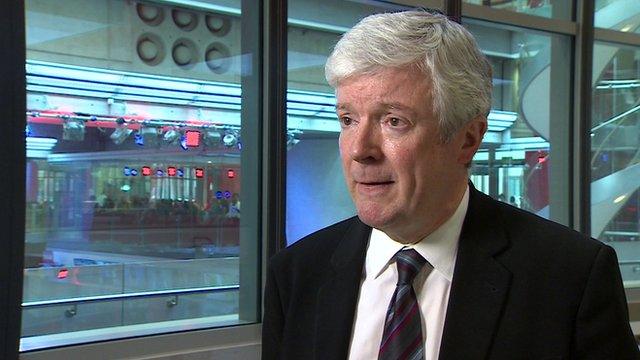
- Published16 July 2013
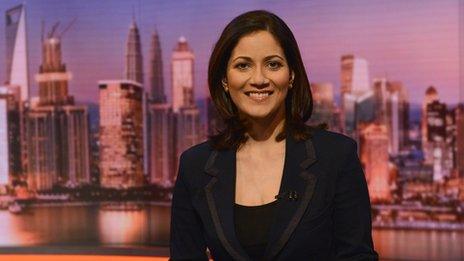
- Published11 July 2013
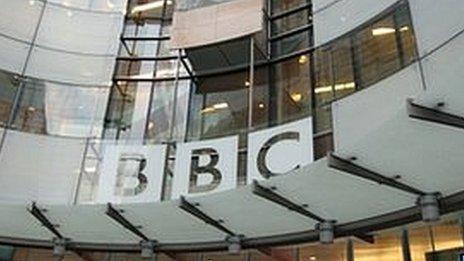
- Published10 July 2013

- Published1 July 2013
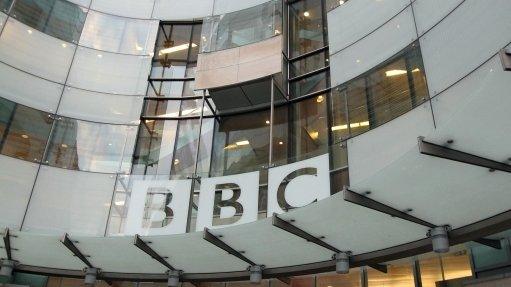
- Published25 April 2013
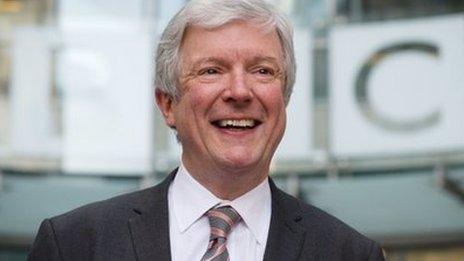
- Published16 July 2012
